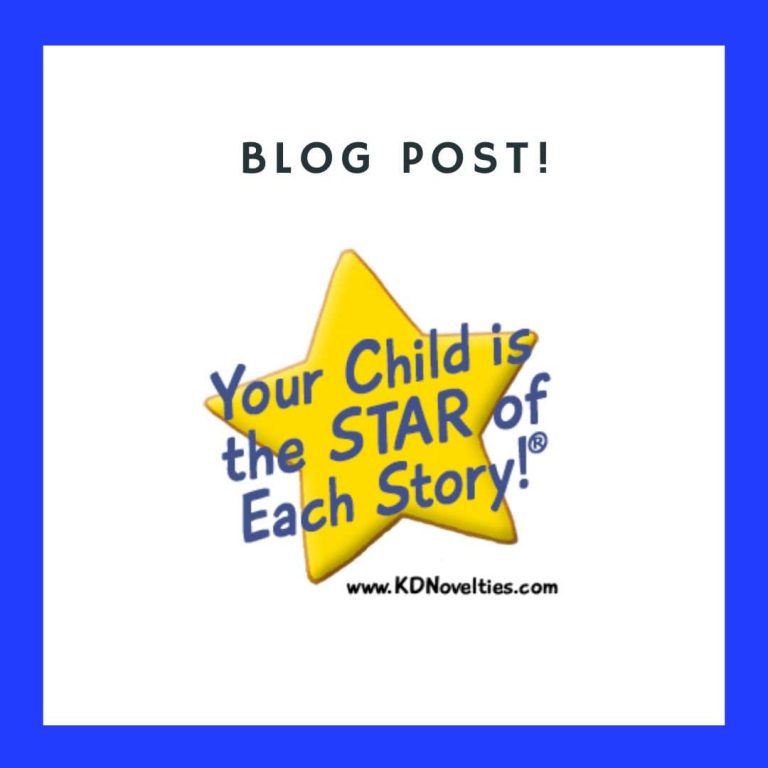It may seem pointless to read to a newborn – they can’t read yet, they don’t understand language, and processing images is still something they are getting used to. But these are actually great reasons that should inspire you to read to your newborn. There are some surprising benefits to breaking out the books early, and they can really go a long way.
Baby Bonding
Reading with your baby is a nice way to relax. Reading aloud can have a calming effect on newborns, especially since they can get used to your voice and find comfort in it. It’s never too early for bed time stories, especially when the sound of your voice in a calm, even cadence can get them to relax and get ready for bed.
Active Listening
Listening plays a huge part in learning language, so even if children cannot yet process or understand words, reading to them will play a huge role in their developing language skills. Plus, reading to kids can help boost their early vocabulary, too. You may feel tempted in every other hour of the day to babble on in baby-speak to your child but talking them in a normal voice with normal speech (though using simple words can be helpful) is actually more beneficial to children and their developing minds. Reading from a book to them on a regular basis can have the same effect.
Ready Readers
Making reading a common activity helps shape active readers, and kids who are read to are more likely to develop their own love for reading as they get older. Not only that, but listening can help kids become better readers, too. Once they do become familiar with language, they can learn to follow along as you read to them. Before you know it, they’ll be reading on their own! But it all starts early, so reading to children while they are still infants can make a difference.
Brain Boost
Studies have also shown that children who were read to as newborns not only have a larger vocabulary, but that they also exhibit more advanced mathematical skills than other kids their age as well. These same studies have also uncovered a direct correlation between how many words a baby hears each day and their overall language skills. One study even found that babies whose parents spoke to them a lot when they were younger scored higher on standard tests when they reached age 3 than children whose parents weren’t as verbal with them.
React and Response
Studies have also shown that babies whose parents read to them get used to the rhythmic pattern of their parents’ voices. This can be calming, but it can also help them better identify subtle clues in speech such as the mood of the speaker by their tone of voice. Babies are exposed to feelings through the different sounds parents use when reading, whether it’s doing a voice for a character or describing what’s going on in the story.
